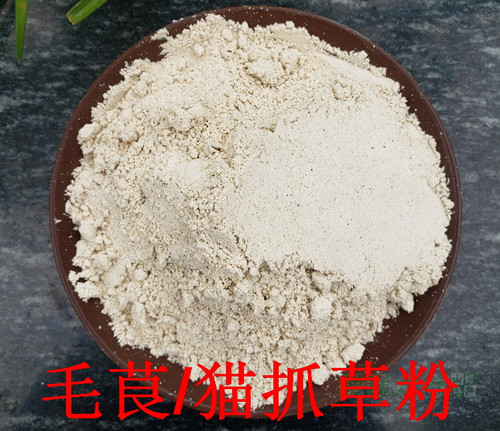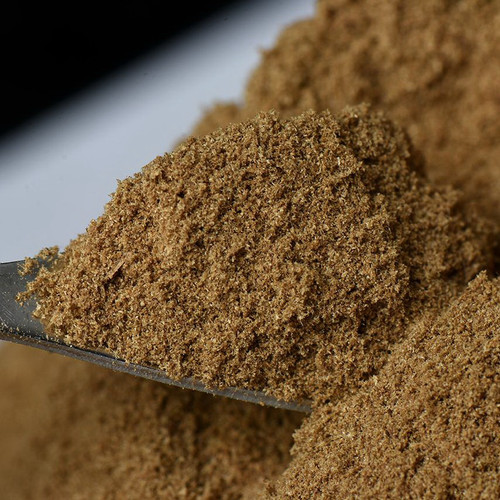Product Overview
Parts used: Dried aerial parts
TCM category: Herbs that warm the Interior and/or expel Cold
TCM nature: Warm
TCM taste(s): Pungent
Meridian affinity: Gallbladder Stomach Lung
Scientific name: Cymbopogon citratus
Other names: Lemon grass or Oil grass
Use of lemongrass (Xiang Mao) in TCM
Please note that you should never self-prescribe TCM ingredients. A TCM ingredient is almost never eaten on its own but as part of a formula containing several ingredients that act together. Please consult a professional TCM practitionner, they will be best able to guide you.
Preparation: Remove impurities, wash, soak in water, cut slices and dry.
Dosage: 6-15 grams
Main actions according to TCM*: Expels wind and clear the meridians. Warms body core and stops pain.
Primary conditions or symptoms for which lemongrass may be prescribed by TCM doctors*: Common cold Stomach rumble Diarrhea Rheumatism Headache Abdominal pain Muscle cramps
Key TCM concepts behind lemongrass (Xiang Mao)'s properties
In Traditional Chinese Medicine (TCM), lemongrass are plants that belong to the 'Herbs that warm the Interior and/or expel Cold' category. Herbs in this category are used for Internal Coldness with Qi and Yang Deficiency. In the Yin and Yang system of thought (see our explanation on Yin and Yang) Yang is Hot in nature. A deficiency of Yang will therefore lead to Internal Coldness since there will as a result be more Yin (Cold in nature) than Yang. In extreme cases this can lead to so-called 'Yang collapse' with convulsions or coma and these herbs are particularly indicated to treat such scenarios.
As suggested by its category lemongrass are plants that are Warm in nature. This means that lemongrass tend to help people who have too much "cold" in their body, although with less effect than a plant that would be Hot in nature. Balance between Yin and Yang is a key health concept in TCM. Those who have too much cold in their body are said to either have a Yin excess (because Yin is Cold in nature) or a Yang deficiency (Yang is Hot in Nature). Depending on your condition lemongrass can help restore a harmonious balance between Yin and Yang.
Lemongrass also taste Pungent. The so-called "five elements" theory in Chinese Medicine states that the taste of TCM ingredients is a key determinant of their action in the body. Pungent ingredients like lemongrass tend to promote the circulations of Qi and body fluids. That's why for instance someone tends to sweat a lot when they eat spicy/pungent food.
The tastes of ingredients in TCM also determine what organs and meridians they target. As such lemongrass are thought to target the Gallbladder, the Stomach and the Lung. Similar to modern medicine, in TCM the Gall Bladder stores and releases bile produced by the Liver. It also controls the emotion of decisiveness. The Stomach on the other hand is responsible for receiving and ripening ingested food and fluids. It is also tasked with descending the digested elements downwards to the Small Intestine. In addition to performing respiration, the Lungs are thought to be a key part of the production chain for Qi and the body fluids that nourish the body.
Use of lemongrass (Xiang Mao) as food
Lemongrass are also eaten as food. It is used as an ingredient in dishes such as Lemongrass and Coconut Curry with Summer Vegetables or Lemongrass chicken skewers.








